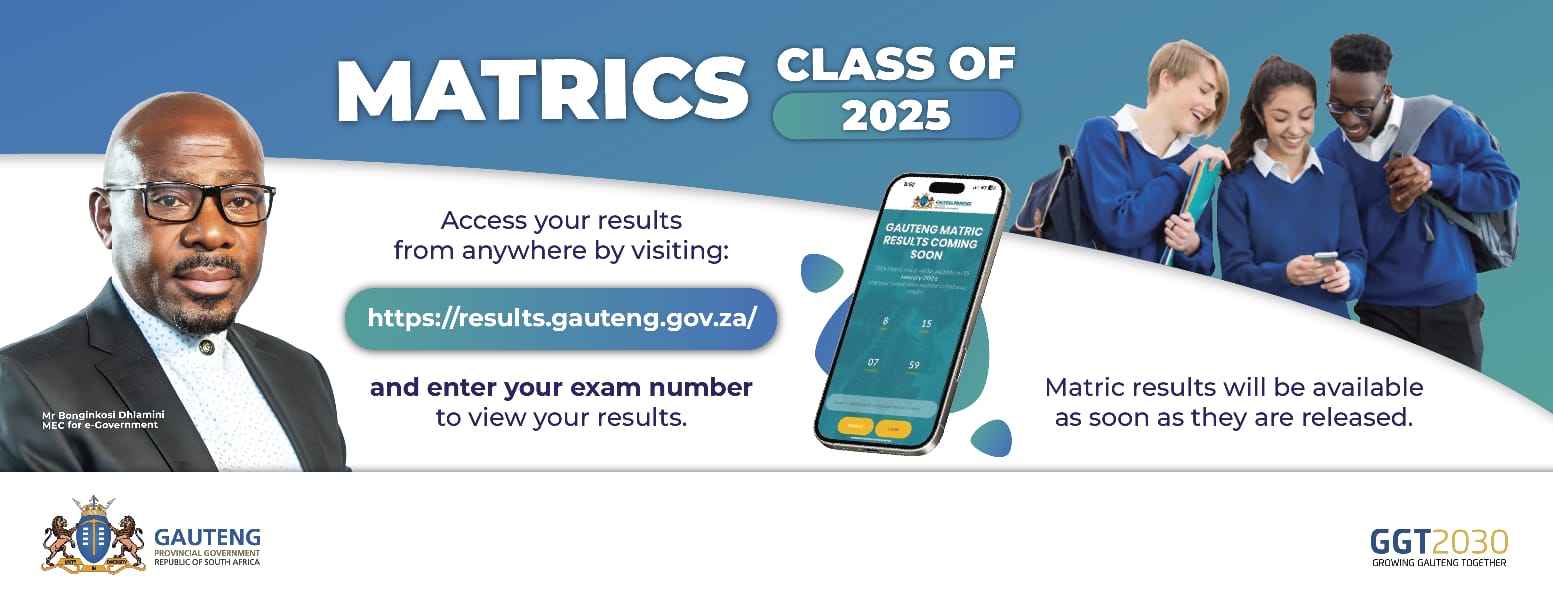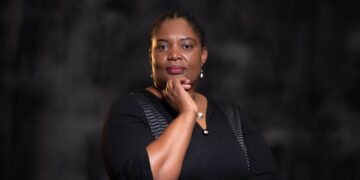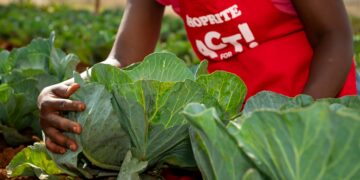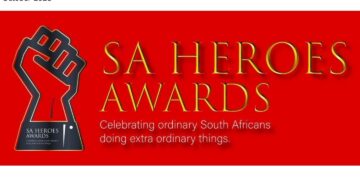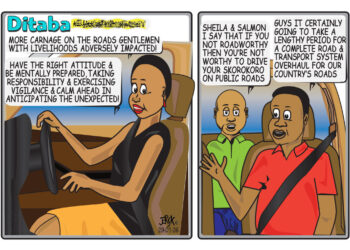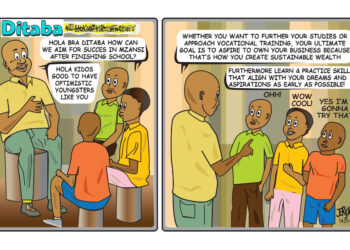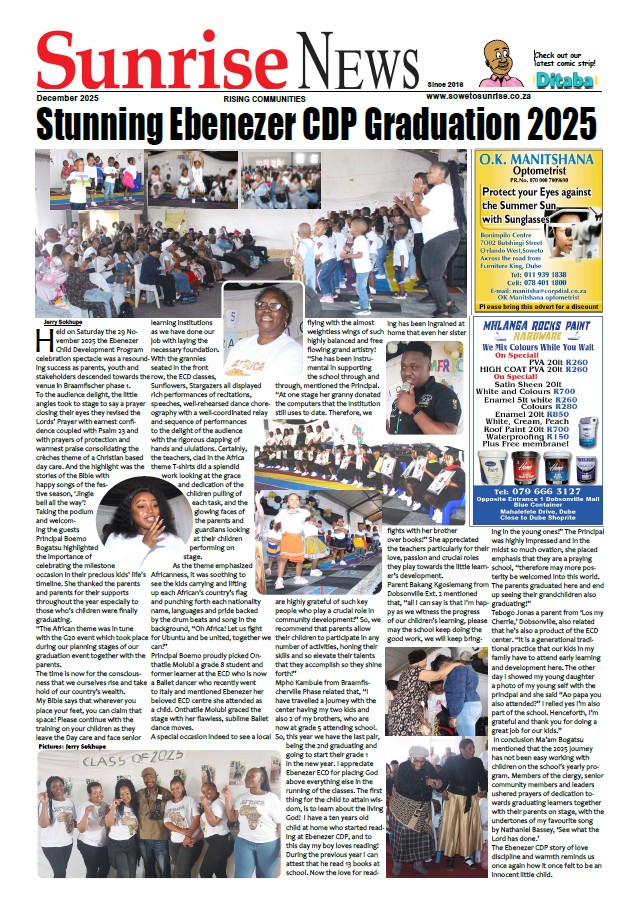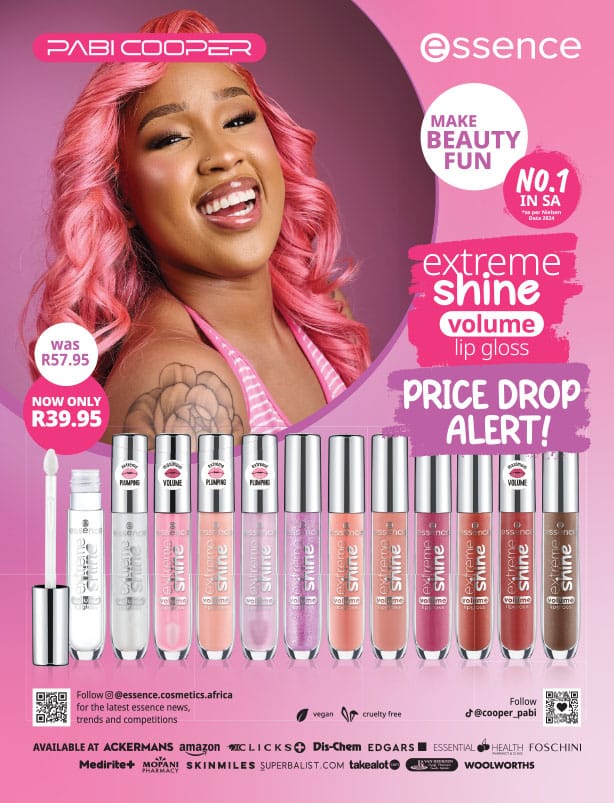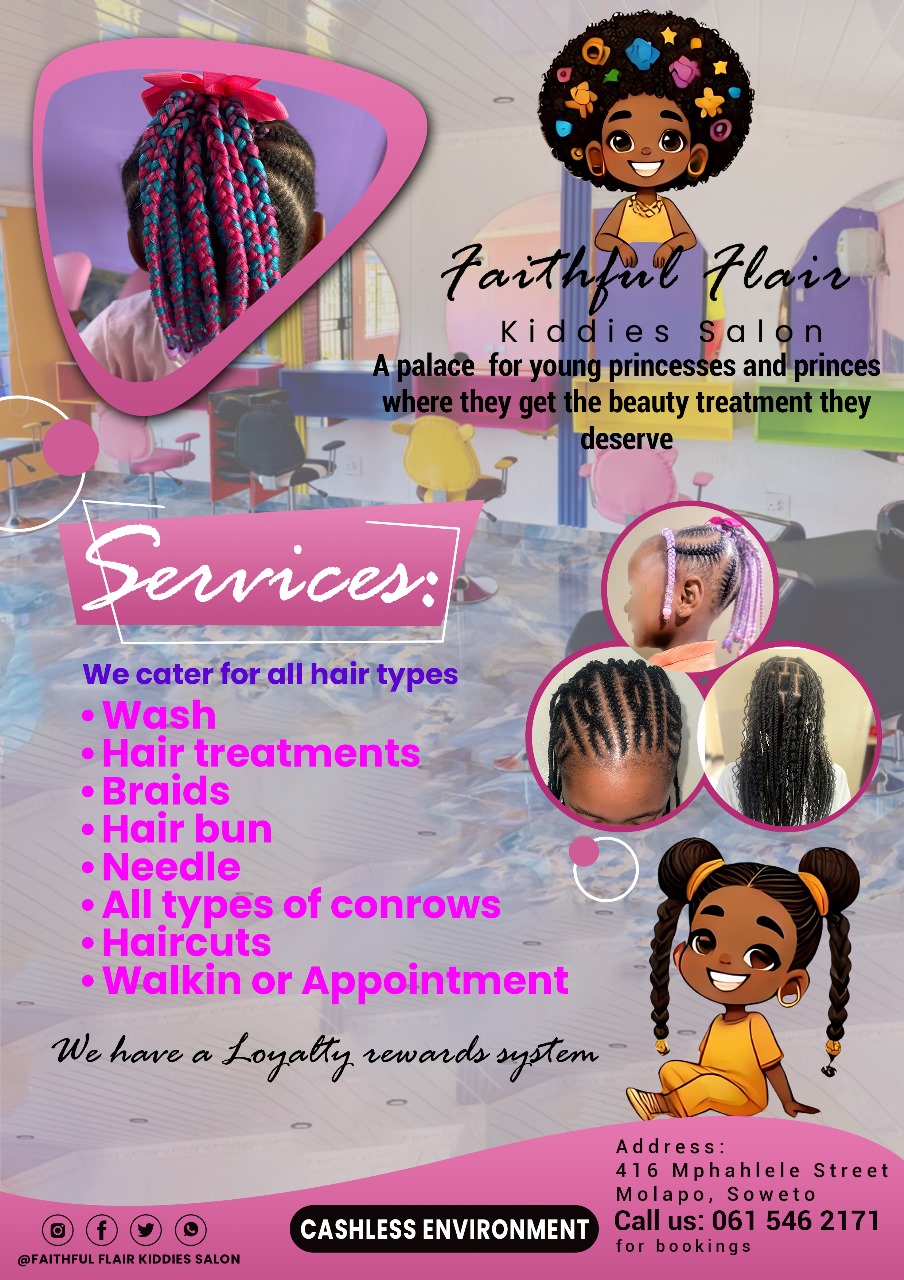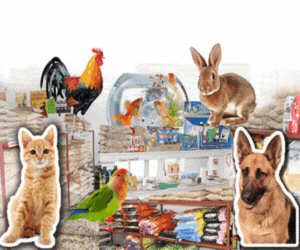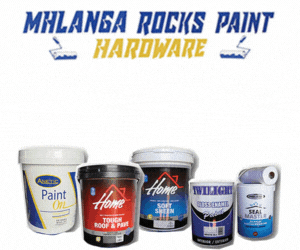The creator economy is booming. From TikTok and YouTube, to podcasts and Instagram, digital content has become more than just a creative outlet, but a viable, lucrative and increasingly competitive career path. As a result, young South Africans are embracing this opportunity in growing numbers, viewing content creation as a route to earn an income, build a personal brand and express themselves creatively.
On the surface, the answer to whether you need a degree to succeed might seem obvious. After all, you don’t need a qualification to go viral, just a smartphone, some consistency, and a sharp eye on what’s trending. But behind the glamour of follower counts and trending hashtags lies a much more complex industry.
“The social media influencer landscape in South Africa is undergoing a transformation as value shifts from quantity to quality,” says Michele O’Hara, Deputy Dean of Brand Communication at IIE VEGA School, “Brands and online communities are looking for creators and marketers who think critically about the contested digital marketing space and develop creative campaigns reflective of the culture.”
Strategic thinking, brand awareness and the ability to evolve with an ever-changing digital landscape are what separate short-lived success from long-term influence. Today’s creators are expected to be creative directors, marketers, analysts and entrepreneurs, all rolled into one. That requires a foundation of real-world knowledge and practical skill.
So, what you can you study to become a better content creator? Courses in Brand Communication, Digital Marketing, Copywriting and Multimedia Design offer aspiring creators the opportunity to go beyond aesthetics and understand the science behind strong content. These qualifications cover everything from audience psychology and digital monetisation to media strategy, storytelling frameworks and content planning.
For visual storytellers, qualifications in Experience Design or Communication Design teach vital tools, like motion graphics, multimedia production and UX principles, all essential in today’s hyper-visual platforms. For creators driven by words, Copywriting helps sharpen your tone, conceptual thinking and ability to create messaging that sells, whether for your own personal brand or a global campaign.
Speaking at the recent Africa Creator Festival (ACF) in Cape Town, a festival that aims to unite African creators and position them at the forefront of global digital content creation, festival founder Jolene Roelofse had this to say: “What we’re witnessing isn’t just an emerging creator economy in Africa – it’s exploding with potential. Formal education is about grounding creativity in real-world knowledge and skills, and young people who enter the tertiary environment with ambitions to pursue content creation have a better chance of success with this approach.”
And it’s not just about creativity; it’s also about Business. A 2023 report by IAB South Africa and Narrative revealed that local creators earned over R1billion through influencer marketing and content collaborations in one year. With that kind of revenue at stake, creators need to understand contracts, copyright, IP law, brand partnerships and performance analytics. That’s where formal education adds value many self-taught creators can’t access on their own.
“A degree won’t teach you how to follow trends, but it will teach you to understand platform mechanics, audience behaviour and the strategy behind content that performs, adds O’Hara, “This kind of insight allows creators to make more intentional and impactful decisions, not just popular ones.”
Whether you’re building a personal brand, managing freelance projects or dreaming of launching your own creative agency, the right qualification can help you scale your work with clarity, professionalism and purpose.
You may not need a degree to become a content creator, but it might just be what takes your content from viral to valuable.
Thabo More
Soweto Sunrise News
